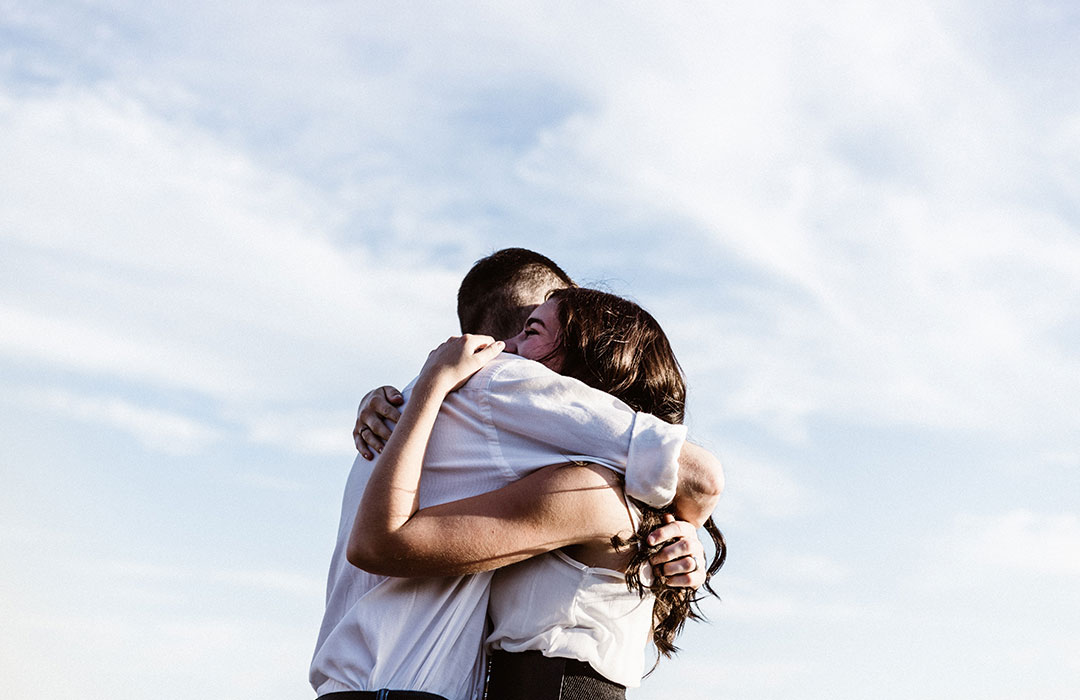
In 2008, as the crowd celebrated a successful campaign speech, Barack and Michelle Obama gave each other a fist bump. As many things surrounding the Obama family do, the fist bump went viral. Fist bumps quickly became the new handshake. And according to some, this type of handshake could function as a health initiative.
The Journal of the American Medical Association (JAMA) attempted to create a movement in hopes of banning handshakes in hospitals. It’s obvious that shaking someone’s hand creates an unnecessary risk of spreading bacteria. Hospital’s daily, cautious efforts to control germs and the spread of infection go a long way, but hospital employees cannot wash their hands well enough each time to cease the spread as a whole—research shows they get it right only 40 percent of the time. The U.S. Centers for Disease Control and Prevention state that the infections spread by health care providers kill nearly 75,000 people every year. Giving one another a fist bump might be the first step in stopping the spread of infection.
JAMA promoting a ban in hopes of decreasing the spread of infection makes sense, but is the fist bump the best substitute for a handshake? Research on this subject has been done, and it shows that giving someone a high five only eliminates the chance for spreading infection in half. The fist bump cuts it down to 1/10th of the germs of a handshake. How could we get any better than that?
How’s an interactive exchange that actually prevents infections sound? This topic struck an interest in me, so I did some digging and came across a study from Carnegie Mellon University that proposes more contact with others, can not only decrease the risk of infection, but it can help boost up our immune system, making us less susceptible to germs. The new substitute for a handshake? Hugging.
Overtime, hugs have become such a normal part of life, that we tend to forget just how powerful they really are. Hugs are the first interaction between a mother and her infant. Hugs activate oxytocin, the cuddle hormone that assists us in bonding with one another and alleviates stress. Maybe more important, hugs activate the powerful neurotransmitters dopamine and serotonin. These chemicals are found in the brain and are frequently linked to the regulation of mood. Low levels of these specific neurotransmitters have been linked to mental health issues such as depression, self-doubt, and lack of motivation. When we have higher levels of these neurotransmitters, we feel better. Hugs are powerful in that they have the ability to increase these levels. The longer and more frequent the hug, the better.
Hugging doesn’t only positively affect the chemicals in our brain—there are also physical benefits associated with hugging. Have you ever received a good hug and just felt your muscles relax? It creates such a sense of calmness. It’s been proven that a hug can increase circulation and lower your heart rate. Normally, a hug is a reciprocal act, and it builds trust and safety between the two individuals hugging. Both parties benefit from the hug. On the other hand, when people are in a disagreement, they hug less often. The stress-induced response makes them more tense, and, according to research, less able to ward off cold viruses.
Sheldon Cohen, the Robert E. Doherty University Professor of Psychology in CMU’s Dietrich College of Humanities and Social Sciences, wanted to investigate this a little further. He led a research team to uncover if hugging is a form of social support that indeed protects people from getting sick. The research was centered on hugging as a gauge of social support since hugging someone characteristically signifies a more intimate relationship. The findings were published in Psychological Science. The research found that people who received more frequent hugs and social support were more immune from infections typically associated with stress—and if they did get sick, their symptoms were less severe.
They investigated over 400 adults by the means of questionnaires that asked about the frequency of interpersonal conflicts and hugs. Next, they intentionally exposed the participants to a common cold virus and examined the degree to which they became infected and displayed symptoms. The risk of infection associated with conflicts was lower when perceived social support was greater, with hugs responsible for one-third of the protective effect. Regardless of whether they experienced conflicts, greater perceived social support and more frequent hugs both resulted in less severe illness symptoms among infected participants.
“This suggests that being hugged by a trusted person may act as an effective means of conveying support and that increasing the frequency of hugs might be an effective means of reducing the deleterious effects of stress,” Cohen said. “The apparent protective effect of hugs may be attributable to the physical contact itself or to hugging being a behavioral indicator of support and intimacy… Either way, those who receive more hugs are somewhat more protected from infection.”
There it is. The fist bump is better than a handshake, but nothing beats a hug—especially when it comes to prevention.
Let’s keep in touch! Sign up to receive our newsletter:
Start a Relationship with An Exceptional Counselor
- Skilled and caring professional counselors
- Accepting all major and most insurances
- High-touch customer service & premium benefits
- Same- or next-day appointments
- Ultra-flexible 23.5hr cancellations













